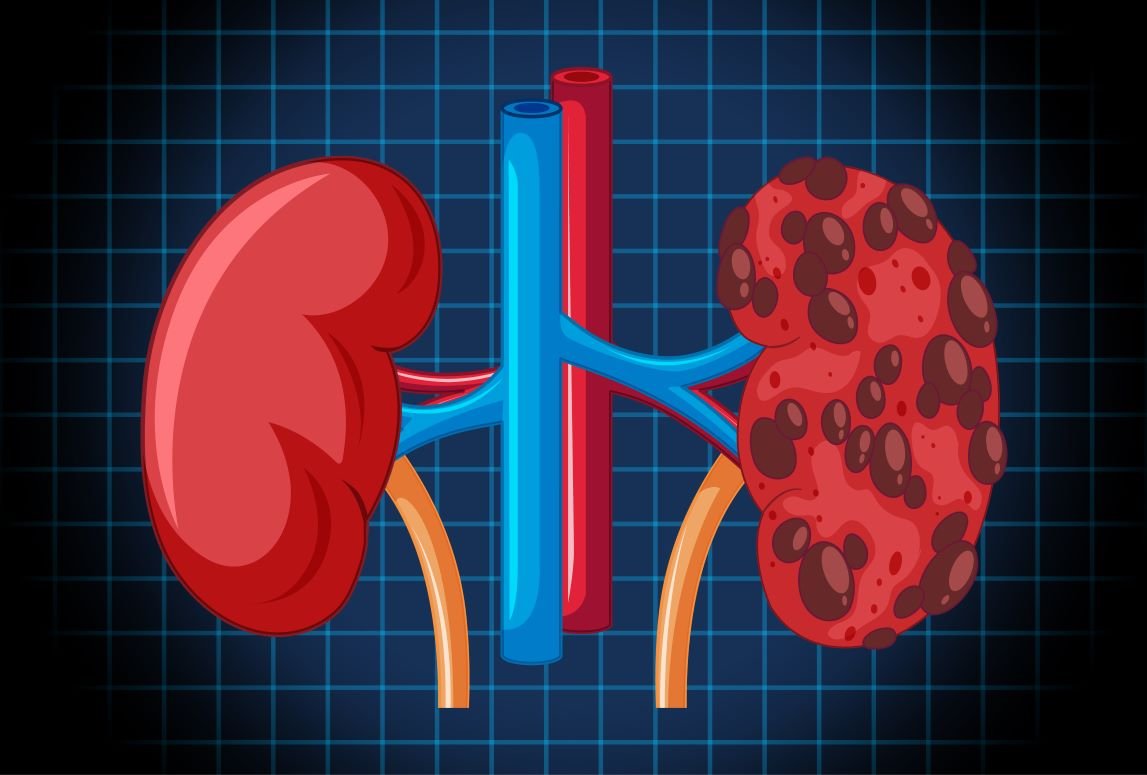
- Call Today +91 7490906544
- Open Hour (Mon - Sat) 8:00 AM - 8:00 PM


Acute Kidney Disease (AKD), also commonly referred to as Acute Kidney Injury (AKI), is a serious medical condition characterized by a sudden and rapid deterioration in kidney function. Unlike chronic kidney disease, which progresses gradually over an extended period, AKD is an abrupt onset of kidney dysfunction that can occur within hours or days. This condition can have severe consequences if not promptly diagnosed and managed, potentially leading to life-threatening complications.
The symptoms of acute kidney disease can vary in severity and may manifest differently in individuals. However, there are several common signs and symptoms associated with AKD, which include:
It is important to note that the severity of these symptoms can vary depending on the underlying cause of AKD and the extent of kidney damage. Prompt medical evaluation is crucial if you or someone you know experiences any of these symptoms, as early intervention can help prevent further kidney damage and improve the chances of a successful recovery.